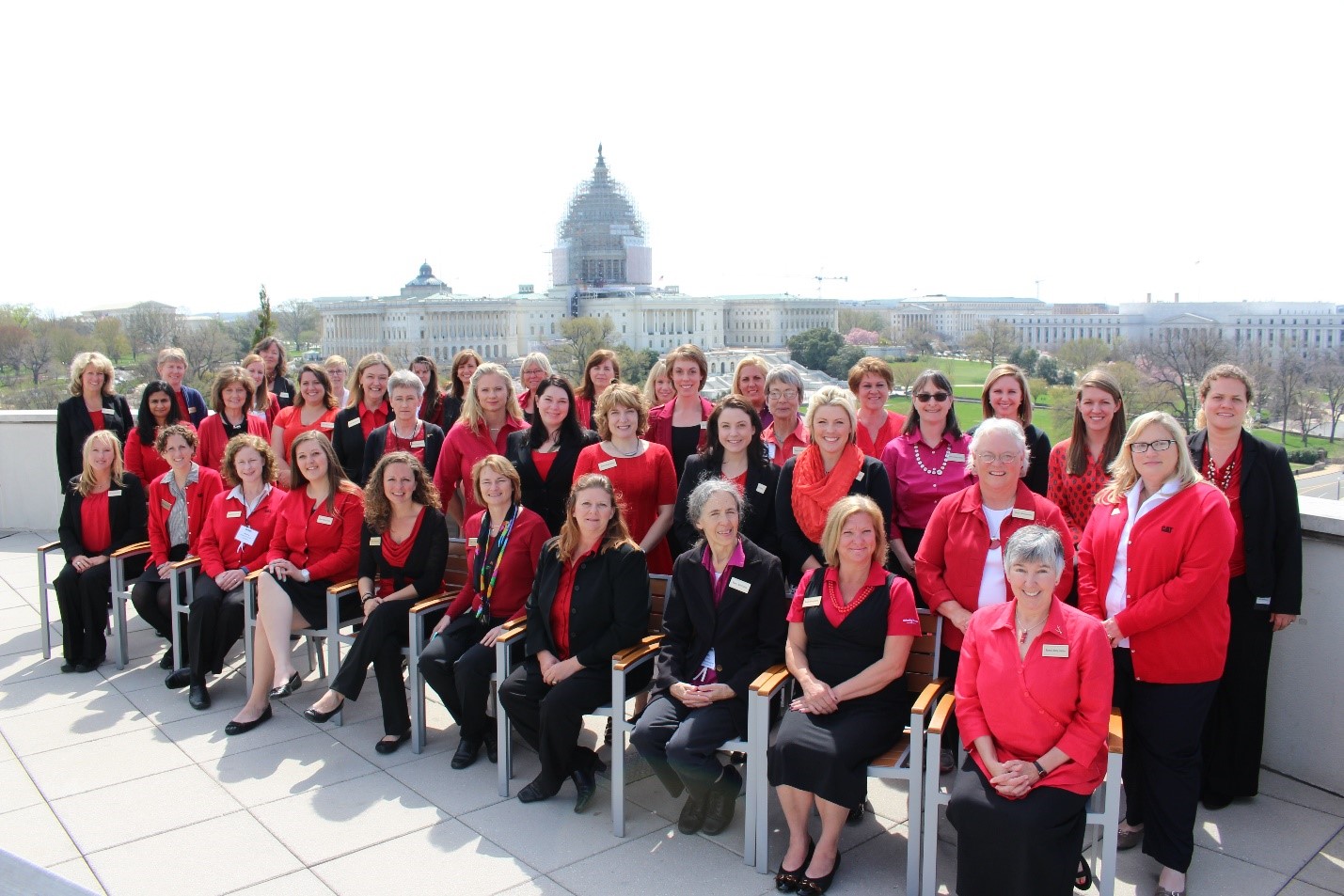May 02, 2012
American job growth impacted by outdated mineral permitting process
The Oregonian reported this week on the decrease in mining inve...
Read More ›
This International Women’s Day, Minerals Make Life would like to recognize the contributions of women in the mining industry. From geologists to operators to mining executives, women serve in vital roles throughout the industry. The Women’s Mining Coalition (WMC) was formed in order to better recognize these contributions and to further the success of the mining industry through its advocacy efforts.
In 1993, despite a historic snowstorm, a delegation of WMC members touched down in Washington, D.C. for their first Fly-In, a week of events and meetings with important policymakers. Over the next several days, WMC’s delegates held fruitful meetings with members of Congress to share their stories and firsthand experiences working within the mining industry.
Now, each year, approximately 25 to 75 women participate in the WMC Fly-In. Participants come from every area within the industry—including drivers, scientists, attorneys and accountants. These women, with their personal experience and knowledge, offer special insight to policymakers and representatives of government agencies such as the EPA, U.S. Fish and Wildlife Service, the Bureau of Land Management and the Office of Surface Mining.
These Fly-Ins not only provide women in the industry with the opportunity to connect with one another, but they also give the nation’s policymakers a unique perspective into the mining industry. During the 2015 Fly-In last spring, WMC delegates visited 228 congressional offices, met with 32 elected officials and discussed topics such as land withdrawals, overlapping regulations and the impact of mine permitting delays.

This April, WMC members will participate in their 23rd consecutive Fly-In to meet with decision makers and influencers. Thanks to their experiences in dealing with regulatory issues every day, these women are especially equipped to speak to the importance of mine permitting reform.
A duplicative mine permitting process creates unnecessary delays that keep the nation’s $6.2 trillion worth of mineral resources locked beneath our soil. Removing delays and increasing efficiencies in this process would contribute to the U.S. economy by adding to the more than 1.3 million U.S. jobs supported by mining and would lead to greater investment in new mines. Not only would this increase the supply of minerals and help ensure our economic future, it would create even more opportunities for women across the country.
Take action to support mine permitting reform here. Learn more about the Women’s Mining Coalition here.